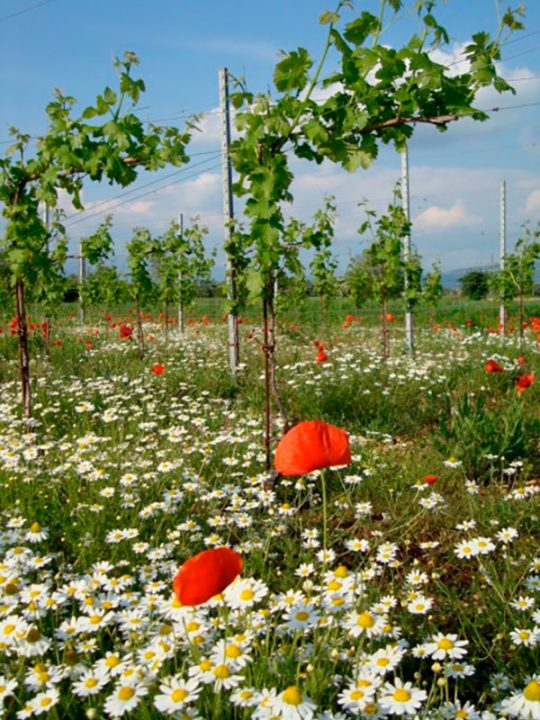Socio-economic aspects of agriculture and the food sector and how they will be able to help the project advance in its research
In the coming years, humanity will have to face one of the most demanding challenges in history which are to slow down and possibly reverse the process of ecosystem deterioration caused by anthropogenic activities.
Agriculture will play a very important role in fostering this transition towards greater sustainability, both because it is a relevant activity in the socio-economic systems, especially in developing and emerging countries, and it is often a direct cause of negative effects on the ecosystem (externalities), such as the greenhouse effect, water pollution, and soil deterioration.
According to Eurostat, the agricultural sector contributed EUR 176.4 billion towards the EU’s overall GDP in 2019 (1.3 % to the EU’s GDP). The gross value added by the EU’s agricultural industry (AI) was an estimated EUR 181.5 billion in 2019. About one-half (52.8 %) of the value of the total output of the EU’s agricultural industry in 2019 came from crops (EUR 220.5 billion), within which vegetables and horticultural plants and cereals were the most valuable crops.
Today there is a considerable emphasis on the recovery, recycling, and upgrading of wastes. This is particularly relevant for the fruit and vegetable wastes (FVWs) representing a very important category of biomasses because they are produced in considerable quantities at the end of all agricultural, supermarket, and wholesale market activities. According to FAO, the waste generated by the fruit and vegetable sector is estimated up to 60% of the food waste generated yearly in the world. EU policy aims to limit organic waste landfilling and fruit and vegetable residues have a significant potential for recycling as raw materials for other industries or for conversion into useful products of higher value (e.g. bio-product).
Social awareness of the need to offset ecosystem deterioration is growing, and consumers are paying increasing attention to the choice of more sustainable products and services. This behaviour is affecting the entire economy and therefore also the agri-food systems are evolving in this direction, also stimulated by-laws and rules that establish and encourage adequate changes.
However, there are also trends contrasting these changes towards greater sustainability, such as the low and decreasing profitability of agricultural productions or the strong trade power of organized distribution companies. The future will therefore depend on the combined effect of these factors, so it is important to identify and analyse them to outline possible scenarios. From this analysis, it will also emerge which actors are those having a role in favouring one trend or another. Farmers are certainly crucial as they can contribute to improving the sustainability of the agricultural sector, for example by using biofertilizers. RUSTICA Project will analyse 5 different case studies related to four European regions and one located in South America to highlight the main issues to consider for developing and supporting the use of such bio-based fertilizers.



